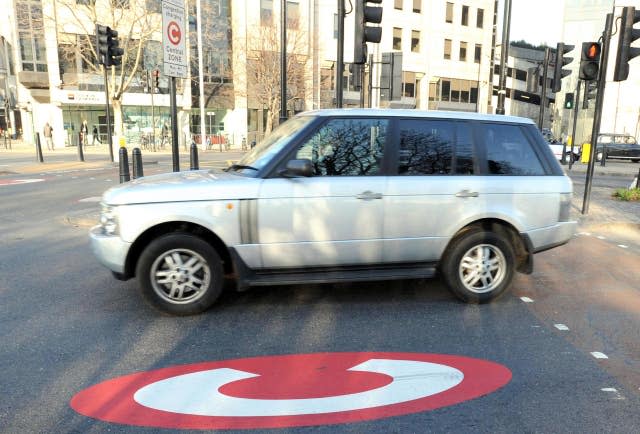London’s motorists paid £130m in Congestion Charge fines in 12 months

Transport for London raked in up to £130 million in fines in one year as drivers failed to pay for the Congestion Charge on time.
In the 12 months to September 2020, TfL also earned £52m from people paying the Charge correctly, making a combined income of £182m.
However, this could indicate that TfL’s revenues from the Congestion Charge have been massively impacted by the coronavirus pandemic, which saw fees suspended between late March and late June to make key worker travel easier during the first lockdown.

TfL data shows gross income for the 2019/20 financial year was £247m, compared with £229.9m in the previous year.
New research by Citroen UK shows that 817,000 penalty charge notices (PCNs) were given out to motorists in the 12 months prior to September 2020, with more than 60 per cent of fines being issued in the four months after the Congestion Charge was extended to seven days per week.
This suggests that a high proportion of PCNs were issued to motorists who were caught out by the rule change while making trips to the capital at the weekend.
The Congestion Charge fee was also increased when the extended days were introduced, going from £11.50 to £15. Motorists can avoid a £160 fine (reduced to £80 if paid within 14 days) if they pay the charge within three days of travelling within the specified zone.
Some vehicles are exempt from paying the charge, namely those that emit less than 75g/km of CO2 and have a minimum electric-only range of 20 miles.
Under current plans, the Ultra Low Emission Zone in London, which is separate to the Congestion Charge, will be expanding from October 25. It will operate 24 hours a day, seven days a week (excluding Christmas Day), and will grow its boundaries to the North and South Circular roads. The ULEZ sees the most-polluting vehicles charged £12.50 per day to enter.


